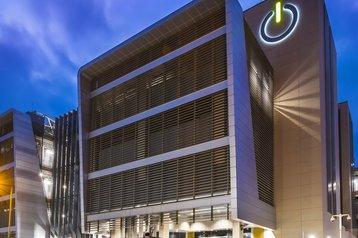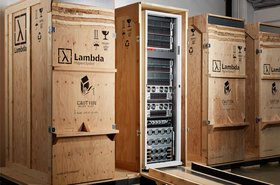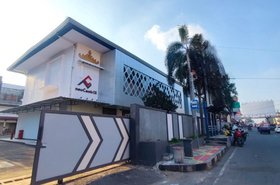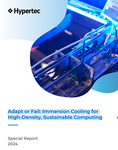Global Switch has introduced direct liquid cooling at its Hong Kong data center to cater to the increasing demand for AI services from Chinese clients.
The liquid cooling option is available from today for customers using the company’s Tseung Kwan O data center, located at the Tseung Kwan O business park.
According to the South China Morning Post, which first reported the news, Global Switch spent last week showcasing the technology to its clients.
It has apparently partnered with Supermicro, xFusion, and Liquidstack on the new cooling system, which also features rear door heat exchangers. The company said this will allow it to cater to AI chips such as Nvidia’s H100 and H200 GPUs.
Ben Ryder, solutions engineering director at Global Switch told SCMP that his company has seen a “huge increase” in demand for high-density racks, meaning liquid cooling was a necessity.
“In the last two years, we’ve seen requirements for 20 kilowatts [per rack] initially, 40 to 50, and now beyond that, up to 100 kilowatts, as we can support liquid cooling,” Ryder said.
The company’s managing director for Hong Kong, Eric Liu, added: “In Hong Kong it’s very clear that the main new demand comes from mainland China customers.
“I think compared with a couple of years before, they are more open to new markets, and they are bringing out from mainland China their own technology to Hong Kong.”
Indeed, Global Switch said many customers have been inquiring about running Chinese-made AI chips in its data centers. Nvidia GPUs, and other leading-edge AI chips made in the US, are not allowed to be sold in China under American government export controls, meaning Chinese vendors are trying to come up with their own alternatives.
Global Switch opened its Hong Kong data center in 2021. The company operates 13 data centers around the world and is owned by Chinese steel company Jiangsu Shagang Group.
Jiangsu has been looking to sell all or part of the company for several years, and looked set to flog its Australia operations earlier this year. However, none of the interested parties met Jiangsu’s valuation.







